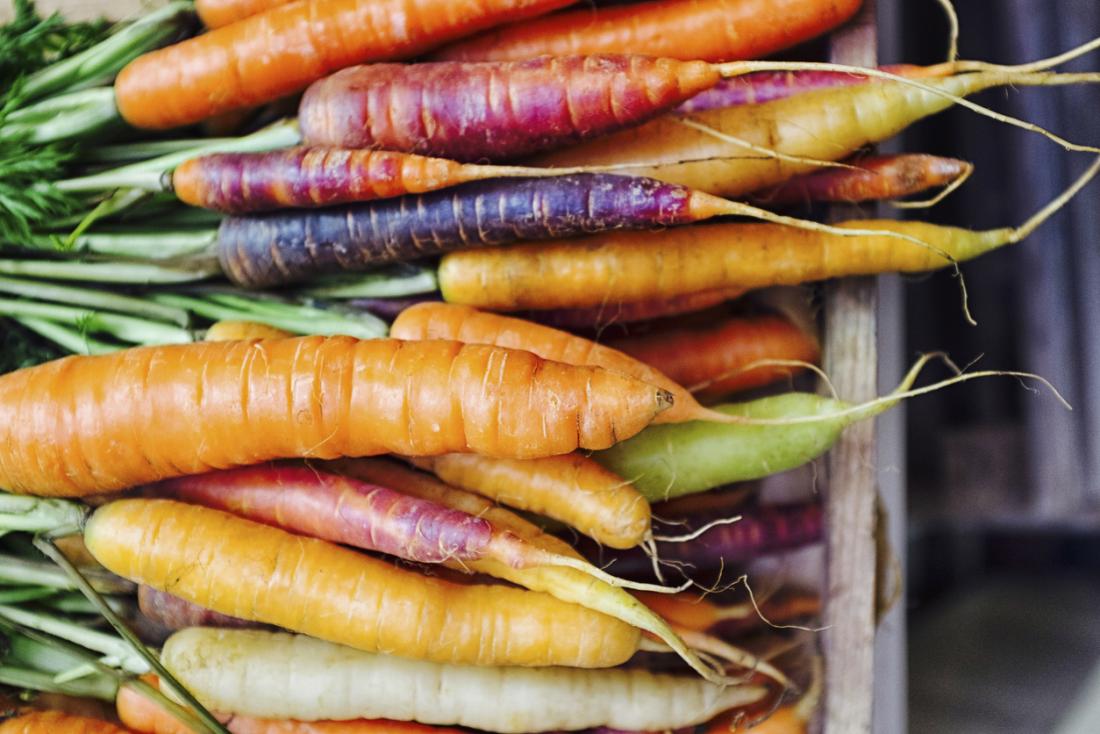donlucchese
JF-Expert Member
- Mar 23, 2011
- 17,047
- 21,522
Habari za mchana wakuu?
Niende straight to the point. Majuzi niliumwa sana nikalazwa takribani wiki moja kwa maradhi ya tumbo. Nimetoka juzi naona kuna Hali Fulani imenianza naomba msaada wakuu.
Nimekua na blurred vision, yaan hata kitu ambacho kipo mita mbili mbele yangu sioni vizuri macho yanakua Kama mtu umetoka kulala hivi mpaka nisogelee karibu.
TV yenyewe mpaka nisogee karibu ndio nione vizuri au nizoom kwa kioo Cha simu. Naomba msaada wakuu, sijawahi kua na tatizo la macho Wala kufanyiwa operation, Ni ghafla tu hii Hali imenianza
Niende straight to the point. Majuzi niliumwa sana nikalazwa takribani wiki moja kwa maradhi ya tumbo. Nimetoka juzi naona kuna Hali Fulani imenianza naomba msaada wakuu.
Nimekua na blurred vision, yaan hata kitu ambacho kipo mita mbili mbele yangu sioni vizuri macho yanakua Kama mtu umetoka kulala hivi mpaka nisogelee karibu.
TV yenyewe mpaka nisogee karibu ndio nione vizuri au nizoom kwa kioo Cha simu. Naomba msaada wakuu, sijawahi kua na tatizo la macho Wala kufanyiwa operation, Ni ghafla tu hii Hali imenianza
 , Fatigue
, Fatigue